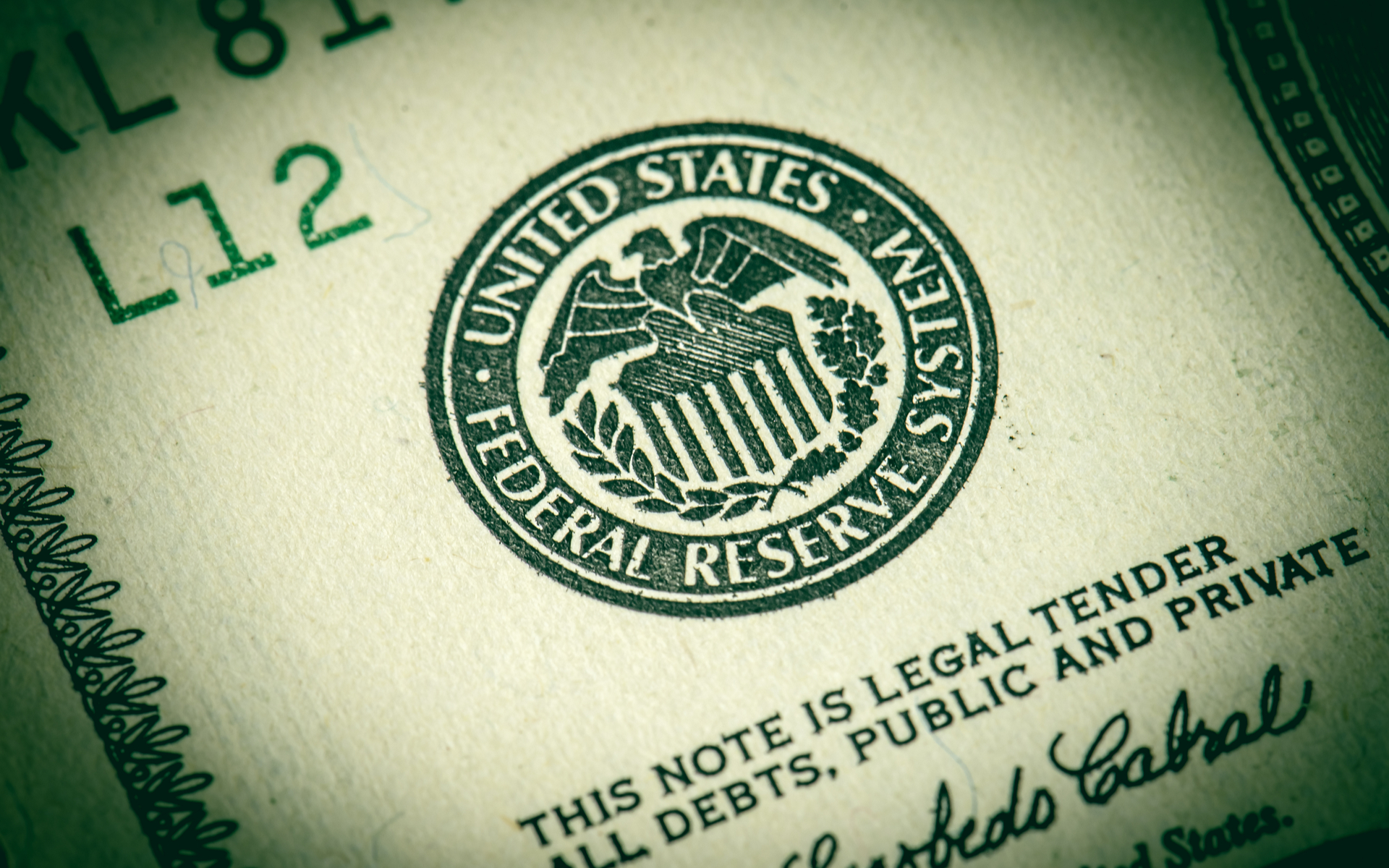PALO ALTO, Calif. (Reuters) - The Federal Reserve is looking at a broad series of fed coin 2020 concerns around digital payments and currencies, including policy, design and legal factors to consider around potentially releasing its own digital currency, Guv Lael Brainard said on Wednesday. Brainard's remarks recommend more openness to the possibility of a Fed-issued digital coin than in the past." By changing payments, digitalization has the possible to provide greater worth and convenience at lower cost," Brainard said at a conference on payments at the Stanford Graduate School of Company.
Reserve banks worldwide are debating how to manage digital finance innovation and the distributed ledger systems used by bitcoin, which promises near-instantaneous payment at possibly low expense. The Fed is establishing its own round-the-clock real-time payments and settlement service and is presently reviewing 200 comment letters submitted late in 2015 about the suggested service's style and scope, Brainard stated.
Less than two years ago Brainard informed a conference in San Francisco that there is "no compelling showed need" for such a coin. But that was prior to the scope of Facebook's digital currency aspirations were commonly known. Fed authorities, including Brainard, have raised issues about customer defenses and data and personal privacy risks that could be presented by a currency that could Visit this website enter into use by the third of the world's population that have Facebook accounts.
" We are collaborating with other reserve banks as we advance our understanding of reserve bank digital currencies," she said. With more countries looking into issuing their own digital currencies, Brainard said, that includes to "a set of reasons to likewise be ensuring that we are that frontier of both research study and policy development." In the United States, Brainard stated, problems that require study include whether a digital currency would make the payments system much safer or easier, and whether it could pose financial stability dangers, consisting of the possibility of bank runs if money can be turned "with a single swipe" into the reserve bank's digital currency.
To counter the financial damage from America's extraordinary national lockdown, the Federal Reserve has taken unprecedented actions, Check out here including flooding the economy with dollars and investing directly in the economy. The majority of these moves received grudging acceptance even from lots of Fed doubters, as they saw this stimulus as needed and something just the Fed might do.

My new CEI report, "Government-Run Payment Systems Are Hazardous at Any Speed: The Case Against Fedcoin and FedNow," details the threats of the Fed's existing strategies for its FedNow real-time payment system, and propositions for main bank-issued cryptocurrency that have actually been called Fedcoin or the "digital dollar." In my report, I go over issues about privacy, information security, currency adjustment, and crowding out private-sector competitors and innovation.
Advocates of FedNow and Fedcoin state the federal government must produce a system for payments to deposit immediately, instead of motivate such systems in the private sector by raising regulatory barriers. However as kept in mind in the paper, the personal sector is providing an apparently limitless supply of payment innovations and digital currencies to resolve the problemto the extent it is a problemof the time space in between when a payment is sent out and when it is received in a savings account.
And the examples of private-sector innovation in this location are lots of. The Clearing Home, a bank-held cooperative that has been routing interbank payments in various forms for more than 150 years, has been clearing real-time payments considering that 2017. By the end of 2018 it was covering 50 percent of the deposit base in the U.S.